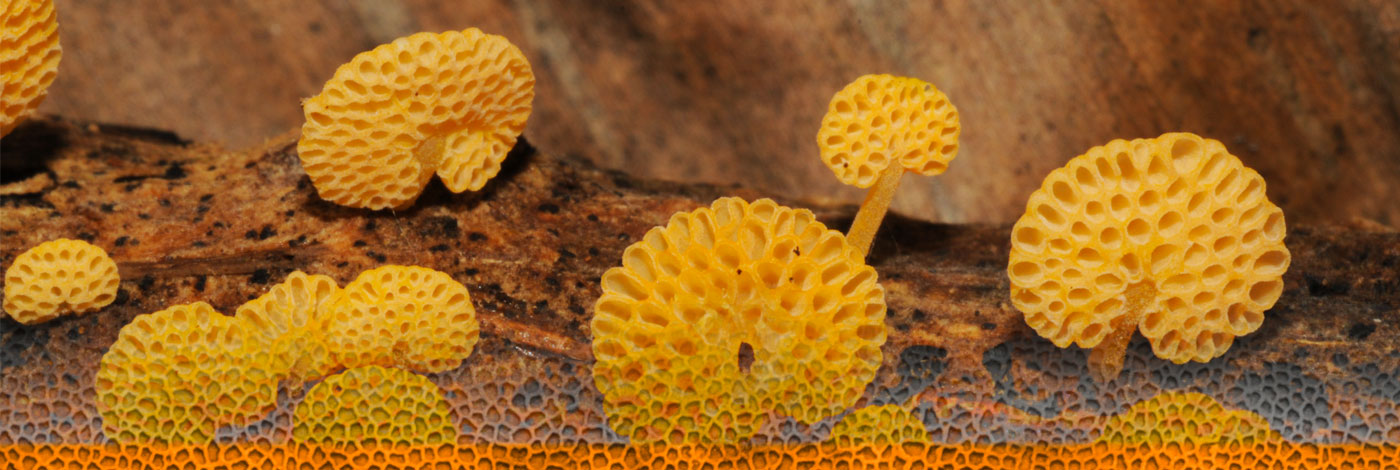
 Cryptogamie, Mycologie
28 (4) - Pages 281-289
Cryptogamie, Mycologie
28 (4) - Pages 281-289This paper reviews recent advances in understanding microfungal diversity. It questions the large amounts of funding given to molecular phylogenetics despite the fact that we barely know more than a small percentage of the global fungi. It also questions the practice of sequencing fungal strains from culture collections, as they may be wrongly identified and usually lack any herbarium specimens to check characters against. The need for epitypification with living specimens is vindicated. Host fungi relationships have been shown to be important to our knowledge of fungal numbers and research on fungi on various hosts are outlined. Data on the fungi from extreme environments, endophytes and aquatic fungi have advanced the knowledge of fungal diversity, while recommendations that funding bodies should fund basic research are expressed.